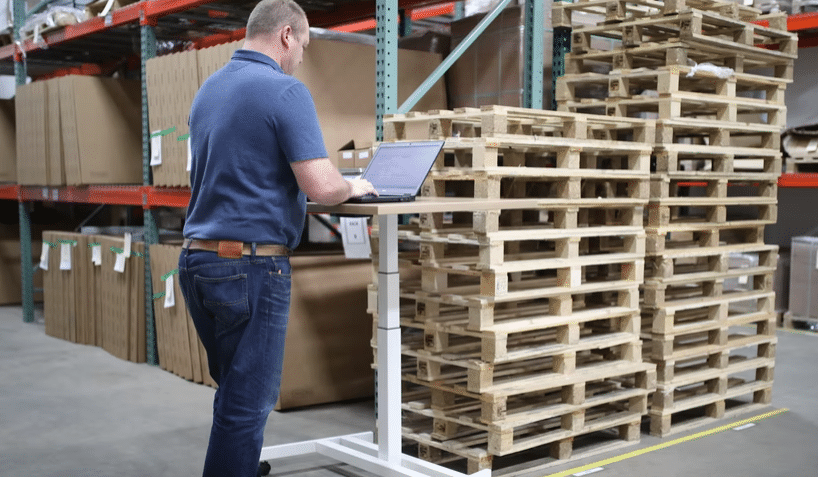
For many wholesale distributors and manufacturers, relying on the same traditional channels is no longer a viable option.
Recent physical distancing limits and lockdown measures changed the way they could do business, compounding ongoing changes in industry trends. Many traditional wholesale channels—like trade shows or even showrooms—are less viable.
While some have made the jump into eCommerce and the world of online sales, poor online experiences can often mean these businesses lag behind their consumer-focused counterparts.
Those that are able to manage distribution online can see a huge advantage in not just sales, but business continuity. For businesses in Asia Pacific and Japan, there is significant potential in e-commerce.
Asia Pacific is the largest region in the global retail and wholesale market, accounting for 39% of the market in 2018.
Buyers now increasingly use ecommerce for direct-from-manufacturer (DFM) sales and for purchases from online marketplaces, meaning manufacturers and wholesalers must adapt accordingly.
For most business customers these days, an outdated, glitchy website won’t cut it. Business customers expect the same purchase experience as they get when hailing a rideshare or buying a pair of sneakers online.
The purchase experience can be make-or-break for some; with the majority of customer interactions now moving online, the quality of the digital experience can have a significant impact on a distributor’s bottom line.
Almost three-quarters (72%) of buyers said they would move their purchases to a different distributor with a more user-friendly website, and that goes up to 85% among buyers aged 21-30.
This reiterates the importance of experiences, rather than the typical relationship approach. More recently, selfservice via apps and live chat options have seen an increase in importance; one-third (33%) of buyers surveyed in JAPAC rated the option of live chat during the research stage of their buying journey as one of the top-three requirements for a best-in-class supplier.
Following the economic changes COVID-19 created, many traditionally B2B businesses looked to a direct-to-consumer approach to fill the gap in their distribution networks.
Now that restrictions are easing, some may be wondering how to juggle this newfound channel and make it part of a long-term strategy.
Doing so requires a careful balance and increased systems management due to greater complexity, like increased volumes, marketing or customer service, or looking to marketplaces as an intermediary.
Almost all businesses (96%) in APAC have shifted to a go-to-market (GTM) model in response to COVID-19, and the vast majority believe this is just as effective—if not more so—than their previous approach.
If they are to focus on e-commerce for both B2B buyers and direct-to-consumer sales, wholesale distributors must focus on three main things: flexibility, compatibility and visibility.
If you want to find out more about transitioning your business online fill in the form below:



Social